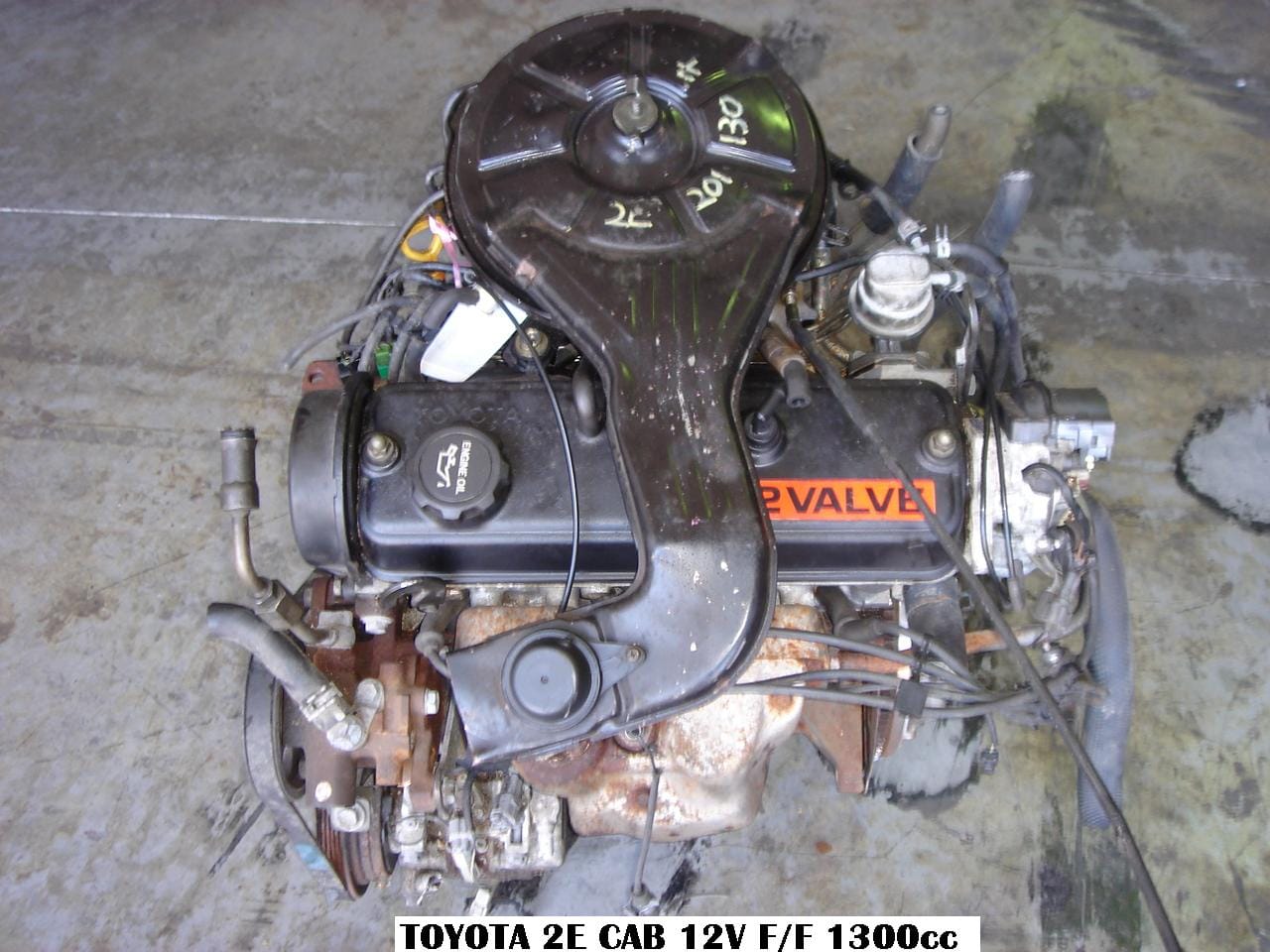Engine Acquiring Expert Tips on Choosing the Right Engine for Your Certain Demands
Choosing the ideal engine for your particular requirements entails a complicated interaction of factors that go beyond mere horse power numbers. From power result to sustain performance, the decision-making procedure can be daunting. Comprehending the nuances of engine kinds, sizes, and their compatibility with your automobile is crucial. Nonetheless, there are experienced pointers that can aid browse this surface with confidence. By delving into the intricacies of power versus efficiency, reviewing gas scores, and budgeting for long-lasting expenses, one can really optimize their engine option.
Power Vs. Efficiency: Locating the Balance

When choosing an engine, it is important to strike a balance between power and efficiency to meet your details demands properly. Power describes the engine's capability to create power for propulsion, figuring out elements like acceleration, lugging ability, and general performance (Toyota Tazz Engine For Sale). On the various other hand, effectiveness associates with how well the engine makes use of gas to produce power, impacting variables such as gas economic climate and ecological kindness
Achieving the appropriate equilibrium between power and efficiency is necessary due to the fact that an engine that is also powerful might consume too much fuel, causing higher operating prices and unneeded pressure on the setting. On the other hand, an engine that focuses on effectiveness over power might cause sluggish performance, especially in requiring situations like hauling hefty loads or driving uphill.
To make an educated decision, think about factors such as your normal driving problems, the intended usage of the lorry, and your personal preferences. By reviewing your priorities and demands, you can choose an engine that strikes the excellent balance between power and effectiveness, ensuring ideal efficiency while decreasing environmental influence and operating costs.
Comprehending Engine Dimension and Kind

Usual engine kinds consist of inline engines, V engines, and rotating engines, each with its one-of-a-kind benefits and disadvantages. Understanding the interplay in between engine size and type is essential in picking an engine that lines up with your particular needs and top priorities, whether it be power, performance, or a balance of both.
Consider Your Car's Requirements
Considering your lorry's demands is a fundamental action in the engine selection procedure to make sure ideal performance and performance. It find more info is vital to examine variables such as the intended use of the vehicle, its weight, pulling capacity, and fuel efficiency requirements. If you are looking for my website an engine for a heavy-duty vehicle that will certainly be used for towing, you will certainly require a powerful engine with high torque capacities. On the other hand, if you are picking an engine for a compact auto primarily made use of for city commuting, gas performance may be a much more critical element to take into consideration.

Reviewing Gas Effectiveness Scores
Examining fuel effectiveness ratings is a critical facet of choosing the ideal engine for your car, guaranteeing cost savings and ecological sustainability. Gas effectiveness scores, normally determined in miles per gallon (MPG) for gasoline engines or kilowatt-hours per 100 miles (kWh/100 miles) for electric engines, show just how far a car can travel on a details quantity of gas or power. Greater MPG or lower kWh/100 miles values indicate extra effective engines, equating to reduced gas expenses and lower carbon discharges.
When assessing gas performance scores, consider your driving requirements and habits. A highly fuel-efficient engine can result in substantial savings over time if you commute long ranges daily. Additionally, compare different engine options within the exact same vehicle course to determine the most affordable selection. Factors such as engine size, weight, the rules of aerodynamics, Source and crossbreed or electric capacities can all influence gas efficiency.
Budgeting for Long-Term Expenses
Purposefully planning for long-lasting costs is imperative when selecting an engine, making sure economic sustainability over the vehicle's lifespan. While the preliminary acquisition cost of an engine is a considerable aspect, it is critical to think about the lasting prices associated with maintenance, repair work, and gas intake.
Furthermore, investigating the schedule and expense of substitute parts for the selected engine is important in budget preparation. Engines with conveniently offered and cost effective components can substantially affect long-term maintenance expenditures. In addition, thinking about the engine's longevity and anticipated lifespan can help stay clear of unforeseen replacement expenses in the future. By carefully budgeting for these long-lasting expenditures and factoring them right into the decision-making process, people can select an engine that not only fulfills their instant needs however also stays affordable throughout its life-span.
Conclusion
Finally, selecting the best engine for your details requirements calls for balancing power and performance, recognizing engine size and kind, considering your vehicle's demands, evaluating gas effectiveness rankings, and budgeting for long-term expenses. By very carefully considering these aspects, you can ensure that you pick an engine that meets your demands and gives optimal performance for your car.
To additionally improve the option process of an engine that strikes the ideal balance between power and performance, it is vital to dig right into the details of understanding engine size and type. Engine dimension refers to the overall quantity of air and gas that can be pressed via the engine cylinders. Typical engine types consist of inline engines, V engines, and rotating engines, each with its one-of-a-kind benefits and downsides. Understanding the interplay between engine size and type is crucial in picking an engine that straightens with your specific needs and priorities, whether it be power, effectiveness, or a balance of both.
Fuel performance rankings, typically measured in miles per gallon (MPG) for gas engines or kilowatt-hours per 100 miles (kWh/100 miles) for electric engines, suggest exactly how far a lorry can travel on a specific quantity of fuel or electrical power.